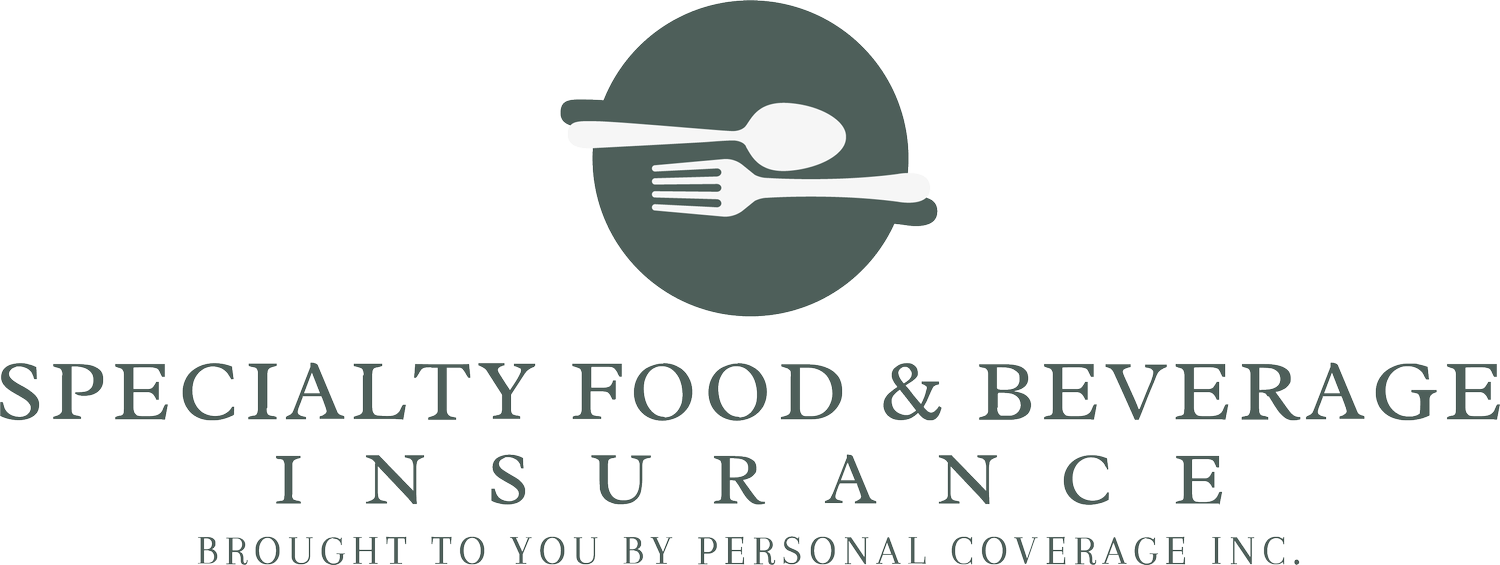Insurance Deductibles
Types of Insurance Deductibles
Insurance deductibles all serve one function, the insured shares in a portion of a covered loss. Deductibles help weed out small claims and force an insured to have some “skin in the game”.
Most insurance buyers think of deductibles in property insurance. We are all used to having a deductible for home or car insurance. A covered claim means we pay the deductible and the insurance company pays the balance.
Commercial insurance has different deductibles. Below is a list of deductible types:
Flat deductible
Percentage deductible
Per Claim deductible
Per Occurrence deductible
Self Insured Retention
Types of Insurance Deductibles
Insurance deductibles all serve one function, the insured shares in a portion of a covered loss. Deductibles help weed out small claims and force an insured to have some “skin in the game”.
Most insurance buyers think of deductibles in property insurance. We are all used to having a deducible for home or car insurance. A covered claim means we pay the deductible and the insurance company pays the balance.
Commercial insurance has different deductibles. Below is a list of deductible types:
Flat deductible
Percentage deductible
Per Claim deductible
Per Occurrence deductible
Self Insured Retention
Policy Types and Insurance Deductibles
The list of deductibles overlaps which means certain policies have their own name for a deductible. But before we get to that check out a list of policies that contain deductibles:
Property Insurance
Auto Insurance
Commercial General Liability
Product Liability
Product Recall
Umbrella or Excess Liability
Cargo Insurance
Workers Compensation
Earthquake Insurance
Wind Only (Hurricane) Coverage
These policy types often contain no deductible when issued:
General Liability
Workers Compensation
If you have these policies with no deductible you may by thinking, can I save money if I add a deductible? Perhaps, but often not much unless applied to significant premiums.
Flat Deductible
Flat deductibles are very common and used in many policy types and characterized by a fixed or flat dollar amount. The amount shows on the declarations page of the policy.
The amount of the deductible does not change regardless of the loss amount or type of loss.
Flat deductibles offer predictability and should be at a level your business can afford to pay. Although multiple losses in the same policy term are not common, factor into your selection.
Self Insured Retention, Per Claim and Per Occurrence are flat deductibles found in Umbrella/Excess Liability, Product Liability and some forms of General Liability.
Percentage Deductible
A percentage deducible creates more out of pocket cost because insurers anticipate larger claims, therefore forcing a policy holder to absorb a greater amount of the loss.
This, in theory, should encourage more risk management on the part of the insured as more money is at stake. The deductible can apply as a percentage of:
Limit of Insurance
Amount of the loss
Wind, Earthquake and Product Recall insurance have percentage deductibles. Read your policies and know your numbers.
Are Higher Insurance Deductibles Worth It?
Saving insurance premium by using deductibles can be done, however larger deductibles do not always save much premium.
Do not approach deductible selection looking for dollar for dollar savings. With this approach, higher deductibles do not add up. Approach deductibles with a risk management mindset.
If your company does not want to file smaller claims a higher deductible can be appropriate. The incentive to file small claims will not be there. Implementation and monitoring risk management practices is a much better use of time. Claims take time to file and manage plus they add up which makes future insurance purchases more complicated.
Using deductible savings to upgrade catastrophic coverage is another useful tool and keeps the focus on the total cost of risk. Savings on one policy can used elsewhere creating better coverage for your business.
In the end, personal choice, type of business/product, finances and risk management practices become part of the insurance deductible selection process. The decision may not be all yours by the way. Certain policy types just come with deductible options that may not be negotiable.

